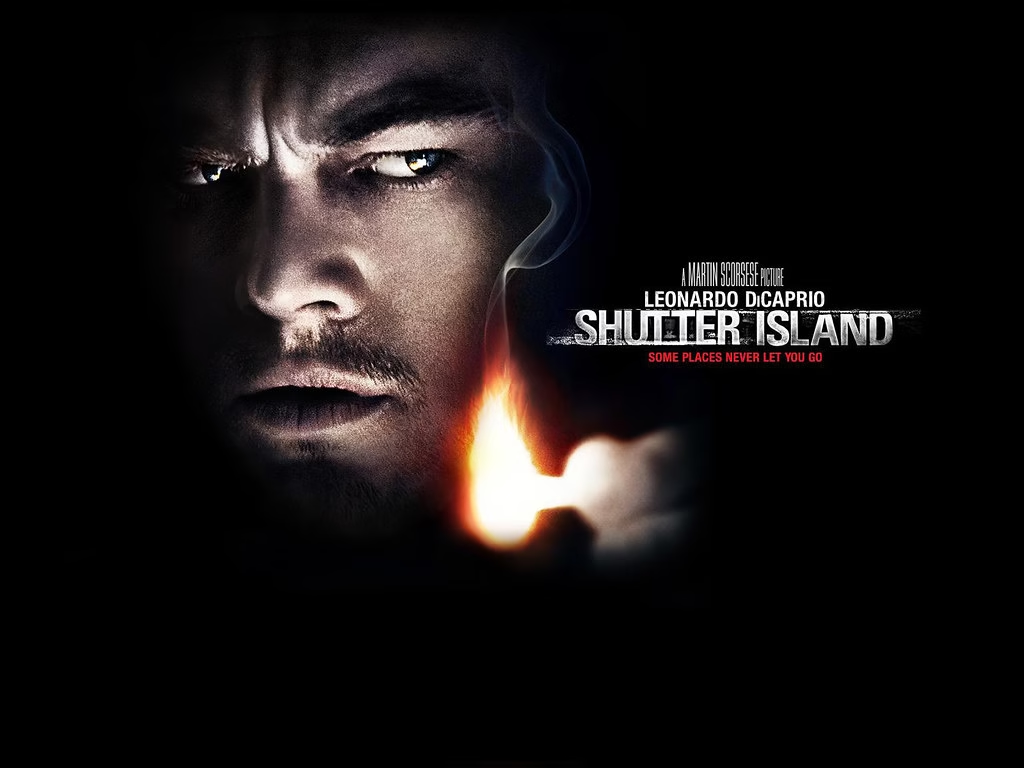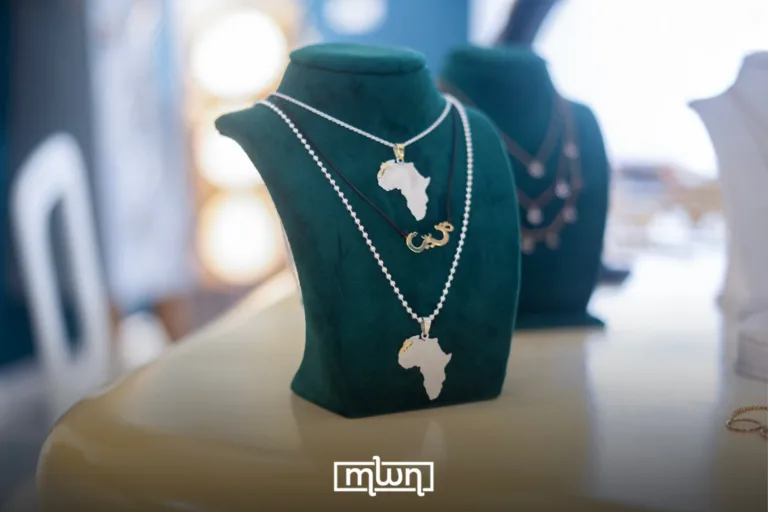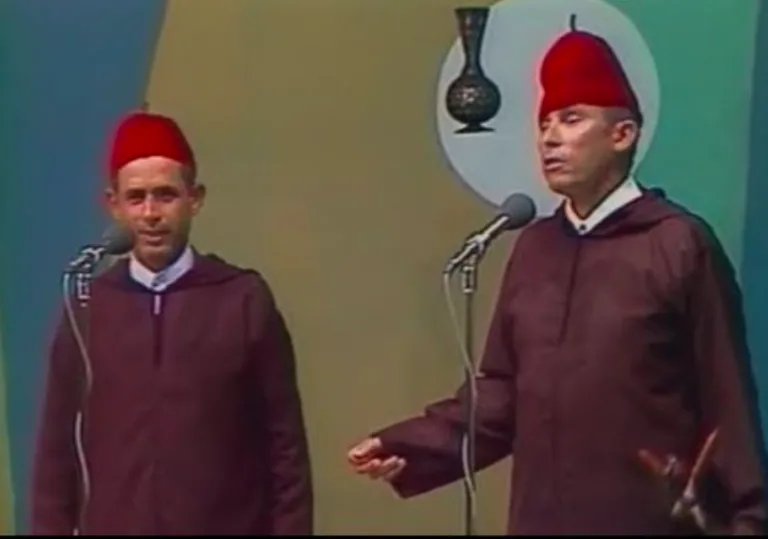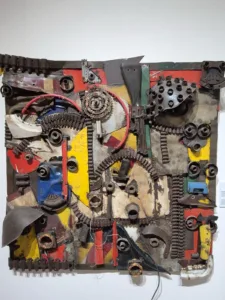Fez – The film came out in 2010, inspired by a novel by Dennis Lehane and directed by Martin Scorsese with cold care. Leonardo DiCaprio plays Teddy Daniels. He is a US Marshal sent to a hospital on an island. Mark Ruffalo plays his partner, Chuck. Ben Kingsley plays Cawley, the head doctor. Michelle Williams appears in scenes that haunt the lead. These names matter to the feel of the movie. The film looks like a detective tale.
It starts with a missing patient and a storm. A lighthouse waits on a cliff. The island has steep rocks and strict rules. Everything seems simple and set. Then small things start to slip. A guard smiles at the wrong time. A file is too neat. A sentence trails off. We begin to doubt our own reading of the scene.
The plot moves like a fever. It keeps the body still while the mind runs. Grief sits at the center. Not neat grief. Heavy grief that bends memory. The film captures that weight in quiet rooms. It does it in slow walks and short talks. It does it in the way a man lights a match and pauses before the flame. Denial drives the motion.
Teddy builds a story he can live with. The story has a badge and a plan. It keeps pain at the edge. But the edge creeps in. A face from the past appears. A word lands with a thud. The shelter shakes. That shaking is the film’s core feeling. It drains the characters. It drains us.
The island is both place and mind. Storms close the harbor. Radio lines fail. Paths circle back. The clinic mixes care and control. White coats speak with soft voices. Keys hang loud at their belts. The halls are spotless yet feel stained. Order looks like safety. It also looks like a trap. The viewer reads both and cannot settle.
How the strain builds
Sound sets the nerves on edge. Music swells and stops. Wind roars through stone. Doors click with hard final notes. Voices drift down clean halls. Silence lingers a second too long. You wait for a shock that may not come. Waiting becomes its own work.
Images do the rest. Fog hides edges. Stairways tilt. The lighthouse promises answers. It also looks like a threat. Files stack high. They hint at a system that makes sense. Then a line does not fit. The doubt grows again.
War memories break into the present. They carry guilt and judgment. They bring scenes that do not heal with time. This is not fear of a monster. It is fear of a truth that will not bend. The mind bends instead. Bending takes energy. It wears a person down.
The acting makes this real. DiCaprio shows a man holding a story together with tired hands. His gaze searches each room for proof. His jaw tightens. His breath shortens. Ruffalo gives calm to the pair. He seems steady and kind. He guides without force.
Kingsley offers an elegant mask. His tone is warm. His eyes keep their own score. Williams brings a soft voice and a deep ache. Each time she appears the air cools. These performances are precise. They turn simple gestures into small trials. A smile becomes a test. A handshake becomes a riddle. Puzzles are work. Work is tiring.
The twist arrives. It does not free us. It places a choice. Live with a truth that breaks you. Or live with a story that keeps you whole. Neither path is clean. The film does not tell you which is right. It leaves you to hold the cost.
Why it lingers after the credits
It stays because it shows how people cope. We build stories to protect ourselves. Most stories help. Some stories hide harm. Watching a mind reach for safety at any price is moving. It is also hard to watch. We see our own habits in a brighter light.
How should you watch it. Give yourself time after. Take a short walk. Drink water. Talk if you can. Name what you feel. Confusion. Pity. Anger. Relief. If the film stirs tough memories, pause. It is fine to step away. It is fine to ask for help. The movie looks inward. Looking inward can be hard.
Shutter Island is not a simple scare. It is a mirror that fogs with breath. It asks what we trust and why. It asks what pain we can carry and what pain we would rather lock away. The island is more than rock and sea. It is the place we visit when the truth asks too much.
















